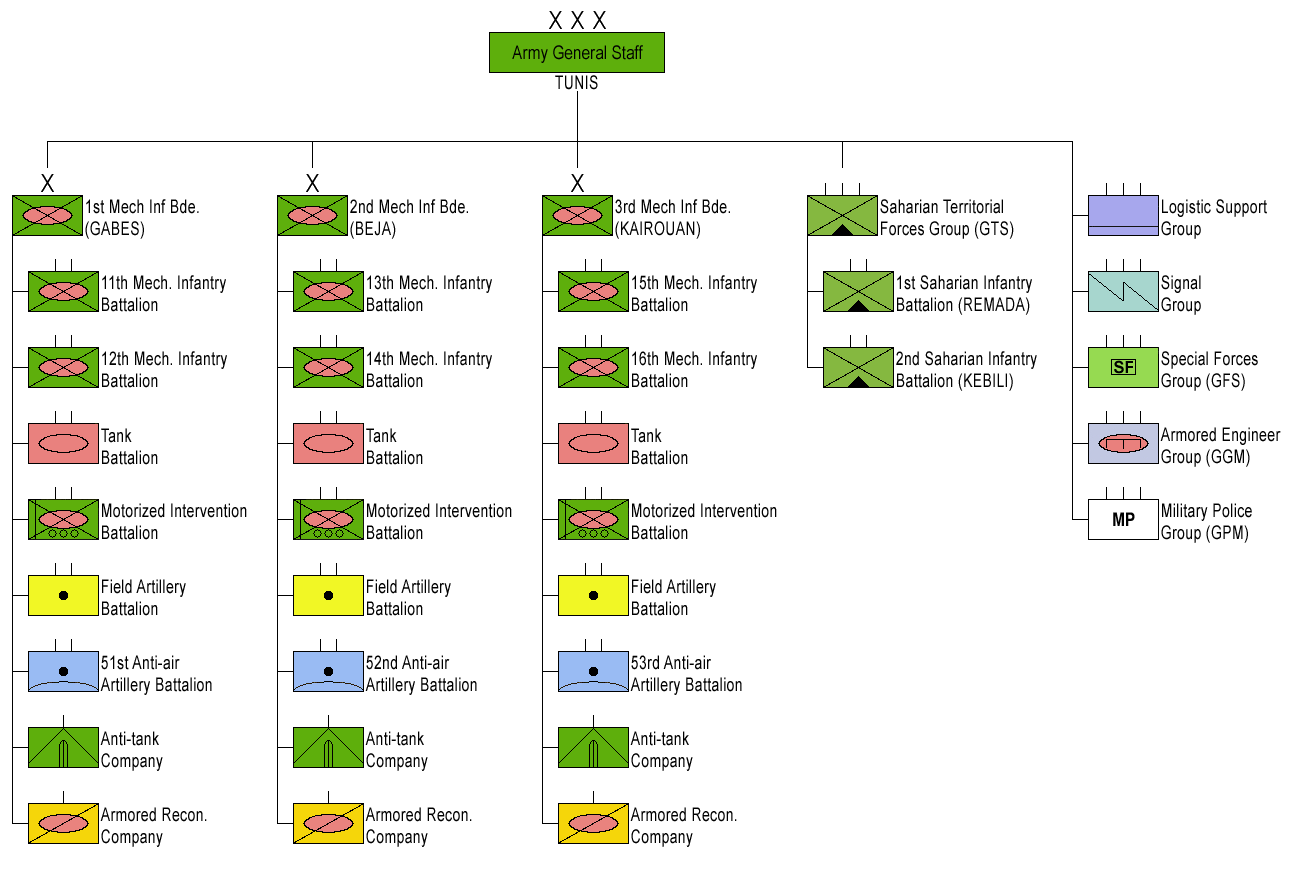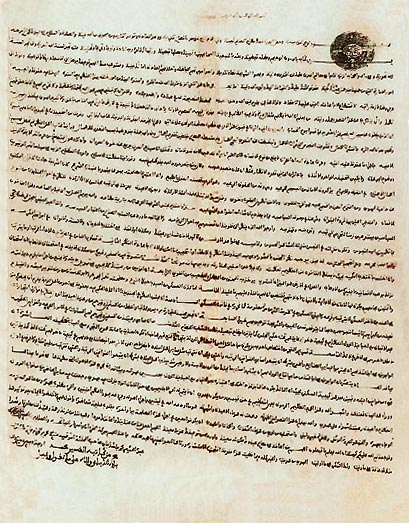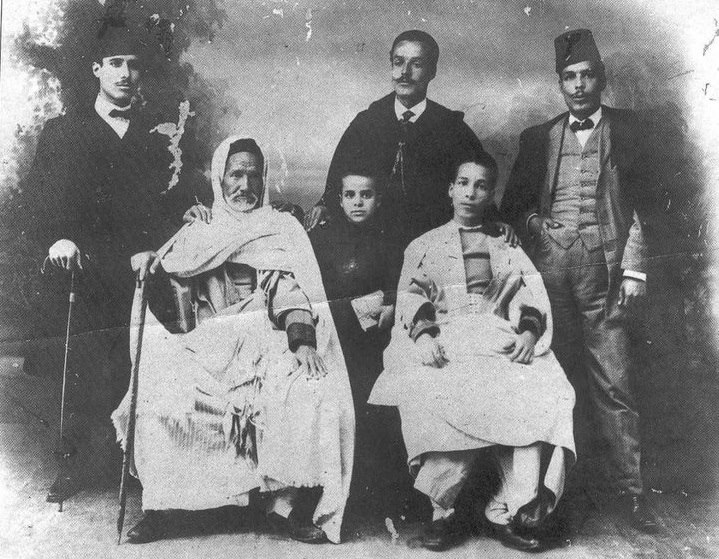|
Abderraouf Ayadi
Abderraouf Ayadi ( aeb, عبد الرؤوف العيادي; born 12 February 1950 in Manouba, Tunisia) is a Tunisian human rights activist, politician and lawyer. After the Tunisian Revolution in 2011, he was elected as a member of the Constituent Assembly. Temporarily serving as secretary-general of his longtime party Congress for the Republic (CPR), in 2012 he went into opposition, founding the Wafa Movement, which he leads as president. Activism As an activist for human rights, Ayadi spent six and a half years in prison, five and a half in the wake of the process against the left-wing movement El Amal Ettounsi in 1974. After his release from prison, Ayadi continued to be interrogated frequently, living under constant surveillance from the regime of Zine el-Abidine Ben Ali. [...More Info...] [...Related Items...] OR: [Wikipedia] [Google] [Baidu] |
Wafa Movement
The Wafa Movement ( ar, حركة وفاء), sometimes referred to as the Independent Democratic Congress, is a political party in Tunisia. The party was founded in 2012 by a number of constituents who broke away from the Congress for the Republic (CPR). Led by the short-time CPR secretary-general Abderraouf Ayadi, the party however remained loosely allied with the governing Troika coalition of Ennahda, CPR and Ettakatol. Generally seen as a secular, left-leaning party, the Wafa Movement reached out to Islamists on the grounds of seeking unity among revolutionary forces. In the 2014 elections, the party lost its parliamentary representation. History Formation On 19 April 2012, CPR secretary-general Abderraouf Ayadi had been dismissed from his official functions following controversies over Ayadis approval of Samir Geageas right-wing Lebanese Forces, a Christian militia responsible for the Sabra and Shatila massacre of hundreds of Palestinian refugees in 1982. A few days l ... [...More Info...] [...Related Items...] OR: [Wikipedia] [Google] [Baidu] |
Samir Geagea
Samir Farid Geagea ( ar, سمير فريد جعجع Lebanese pron.: , also spelled Samir Ja'ja'; born 25 October 1952) is a Lebanese politician and militia commander who has been leading the Lebanese Forces party and dissolved militia since 1986. Born in Ain al-Remaneh in Beirut with origins from Bsharri, Geagea joined the Kataeb Party in his early years. He led the Northern Front in the Lebanese Forces from 1979 to 1984. In March 1985, after the deterioration of the Christian political situation in the eastern regions after the assassination of the Lebanese Forces leader Bachir Gemayel, he led, jointly with Elie Hobeika and Karim Pakradouni, an uprising that led to control of the political situation without any bloodshed. On January 15, 1986, Geagea led a movement against the tripartite agreement sponsored by Syria to become the commander of the Lebanese Forces after the overthrow of Elie Hobeika, the head of the executive body at the time and one of the signatories o ... [...More Info...] [...Related Items...] OR: [Wikipedia] [Google] [Baidu] |
Chokri Belaid
Chokri Belaïd ( ar, شكري بلعيد, Shukrī Bil‘īd; 26 November 1964 – 6 February 2013), also transliterated as Shokri Belaïd, was a Tunisian politician and lawyer who was an opposition leader with the left-secular Democratic Patriots' Movement. Belaïd was a vocal critic of the Ben Ali regime prior to the 2011 Tunisian revolution and of the then Islamist-led Tunisian government. On 6 February 2013, he was fatally shot outside his house in El Menzah, close to the Tunisian capital, Tunis. As a result of his assassination, Tunisian Prime Minister Hamadi Jebali announced his plan to dissolve the existing national government and to form a temporary "national unity" government. Early and personal life Belaïd was born in the town of Djebel Jelloud in Tunisia on 26 November 1964. He was a student activist in the 1980s. He worked as a lawyer and was also part of the defence team of former Iraqi president Saddam Hussein during his trial for crimes against humanity. H ... [...More Info...] [...Related Items...] OR: [Wikipedia] [Google] [Baidu] |
Tunisian Army
The Tunisian Land Army ( ar, جيش البر التونسي, Jaîsh el-Barr et'Tunsi, french: Armée de terre tunisienne) is the ground component of the Tunisian Armed Forces . The Land Forces Command is located in Bizerte. The TAF itself was created on June 30, 1956. The Land Army is the largest service branch within the Tunisian Armed Forces and has a dominant presence in the current General Staff. It is estimated to number around 90,000, in addition to 60,000 reservists for a total of 150,000 strong. The modern army was created in the 1830s. It has seen substantive combat on one occasion: against France during the 1961 Bizerte crisis. The mission of the Tunisian army is to defend the country against any foreign attack, to allow the development of a diplomatic counterattack and encourage the involvement of the United Nations, protect Tunisian nationals around the world and participate in peacekeeping missions. History During the Beylical period The modern Tunisian arm ... [...More Info...] [...Related Items...] OR: [Wikipedia] [Google] [Baidu] |
Constitution Of Tunisia
The Constitution of Tunisia is the supreme law of the Tunisian Republic. The constitution is the framework for the organization of the Tunisian government and for the relationship of the federal government with the governorates, citizens, and all people within Tunisia. Tunisia's first modern constitution was the Fundamental Pact of 1857. This was followed by the Constitution of 1861, which was not replaced until after the departure of French administrators in 1956, by the constitution of 1959. It was adopted on 1 June 1959 and amended in 1999 and 2002, after the Tunisian constitutional referendum of 2002. Following the revolution and months of protests, a Constituent Assembly was elected to draft a new constitution, the Tunisian Constitution of 2014 which was adopted on 26 January 2014. In September 2021, President Kaïs Saïed announced an upcoming reform of the 2014 Constitution. It's acted by the ''Presidential Decree n° 2021-117 of 22 September 2021''. On 25 May 2022, ... [...More Info...] [...Related Items...] OR: [Wikipedia] [Google] [Baidu] |
Jihad
Jihad (; ar, جهاد, jihād ) is an Arabic word which literally means "striving" or "struggling", especially with a praiseworthy aim. In an Islamic context, it can refer to almost any effort to make personal and social life conform with God's guidance, such as struggle against one's evil inclinations, proselytizing, or efforts toward the moral betterment of the Muslim community (''Ummah''), though it is most frequently associated with war. In classical Islamic law (''sharia''), the term refers to armed struggle against unbelievers, while modernist Islamic scholars generally equate military ''jihad'' with defensive warfare. In Sufi circles, spiritual and moral jihad has been traditionally emphasized under the name of ''greater jihad''. The term has gained additional attention in recent decades through its use by various insurgent Islamic extremist, militant Islamist, and terrorist individuals and organizations whose ideology is based on the Islamic notion of ''jihad''. T ... [...More Info...] [...Related Items...] OR: [Wikipedia] [Google] [Baidu] |
Tunisian Campaign
The Tunisian campaign (also known as the Battle of Tunisia) was a series of battles that took place in Tunisia during the North African campaign of the Second World War, between Axis and Allied forces from 17 November 1942 to 13 May 1943. The Allies consisted of British Imperial Forces, including a Greek contingent, with American and French corps. The battle opened with initial success by the German and Italian forces but the massive supply interdiction efforts led to the decisive defeat of the Axis. Over 250,000 German and Italian troops were taken as prisoners of war, including most of the Afrika Korps. Background Western Desert The first two years of the war in North Africa were characterized by chronic supply shortages and transport problems. The North African coast has few natural harbors and the British base at Alexandria on the Nile delta was some by road from the main Italian port at Tripoli in Libya. Smaller ports at Benghazi and Tobruk were and west of Alexan ... [...More Info...] [...Related Items...] OR: [Wikipedia] [Google] [Baidu] |
Adolf Hitler
Adolf Hitler (; 20 April 188930 April 1945) was an Austrian-born German politician who was dictator of Nazi Germany, Germany from 1933 until Death of Adolf Hitler, his death in 1945. Adolf Hitler's rise to power, He rose to power as the leader of the Nazi Party, becoming the Chancellor of Germany, chancellor in 1933 and then taking the title of in 1934. During his dictatorship, he initiated European theatre of World War II, World War II in Europe by invasion of Poland, invading Poland on 1 September 1939. He was closely involved in military operations throughout the war and was central to the perpetration of the Holocaust: the genocide of Holocaust victims, about six million Jews and millions of other victims. Hitler was born in Braunau am Inn in Austria-Hungary and was raised near Linz. He lived in Vienna later in the first decade of the 1900s and moved to Germany in 1913. He was decorated during his Military career of Adolf Hitler, service in the German Army in Worl ... [...More Info...] [...Related Items...] OR: [Wikipedia] [Google] [Baidu] |
Ennahda Movement
The Ennahda Movement ( ar, حركة النهضة, Ḥarakatu n-Nahḍah; french: link=no, Mouvement Ennahdha), also known as the Renaissance Party or simply known as Ennahda, is a self-defined Islamic democratic political party in Tunisia. Founded as the Movement of Islamic Tendency in 1981, Ennahda was inspired by the Egyptian Muslim Brotherhood and through the latter, to Ruhollah Khomeini's own propelled ideology of "Islamic Government" In the wake of the 2011 Tunisian revolution and collapse of the government of Zine El Abidine Ben Ali, the Ennahda Movement Party was formed, and in the 2011 Tunisian Constituent Assembly election (the first free election in the country's history), won a plurality of 37% of the popular voteTunisia's New Ennahda Marc Lynch 29 June 2011 and formed a government. Uproa ... [...More Info...] [...Related Items...] OR: [Wikipedia] [Google] [Baidu] |
Tunisian Constitution
The Constitution of Tunisia is the supreme law of the Tunisian Republic. The constitution is the framework for the organization of the Tunisian government and for the relationship of the federal government with the governorates, citizens, and all people within Tunisia. Tunisia's first modern constitution was the Fundamental Pact of 1857. This was followed by the Constitution of 1861, which was not replaced until after the departure of French administrators in 1956, by the constitution of 1959. It was adopted on 1 June 1959 and amended in 1999 and 2002, after the Tunisian constitutional referendum of 2002. Following the revolution and months of protests, a Constituent Assembly was elected to draft a new constitution, the Tunisian Constitution of 2014 which was adopted on 26 January 2014. In September 2021, President Kaïs Saïed announced an upcoming reform of the 2014 Constitution. It's acted by the ''Presidential Decree n° 2021-117 of 22 September 2021''. On 25 May 2022 ... [...More Info...] [...Related Items...] OR: [Wikipedia] [Google] [Baidu] |
Habib Bourguiba
Habib Bourguiba (; ar, الحبيب بورقيبة, al-Ḥabīb Būrqībah; 3 August 19036 April 2000) was a Tunisian lawyer, nationalist leader and statesman who led the country from 1956 to 1957 as the prime minister of the Kingdom of Tunisia (1956–57) then as the first president of Tunisia (1957–87). Prior to his presidency, he led the nation to independence from France, ending the 75-year-old protectorate and earning the title of "Supreme Combatant". Born in Monastir to a poor family, he attended Sadiki College then Lycée Carnot in Tunis, before obtaining his baccalaureate in 1924. He graduated from the University of Paris and the Paris Institute of Political Studies (Sciences Po) in 1927 and returned to Tunis to practice law. In the early 1930s, he became involved in anti-colonial and Tunisian national politics, joining the Destour party and co-founding the Neo Destour in 1934. He rose as a key figure of the independence movement and was repeatedly arrested ... [...More Info...] [...Related Items...] OR: [Wikipedia] [Google] [Baidu] |
2014 Tunisian Parliamentary Election
Parliamentary elections were held in Tunisia on 26 October 2014. Campaigning started on 4 October 2014. They were the first free regular legislative elections since independence in 1956, and the first elections held following the adoption of the new constitution in January 2014, which created a 217-seat Assembly of the Representatives of the People. According to preliminary results, Nidaa Tounes gained a plurality of votes, winning 85 seats in the 217-seat parliament, beating the Ennahda Movement (69 seats) and many smaller parties. Presidential elections were held a month later on 23 November. Electoral system The 217 members of the Assembly of the Representatives of the People were elected in 33 constituencies. There were 27 multi-member constituencies in Tunisia varying in size from four to ten seats and electing a total of 199. There were also six overseas constituencies electing a total of 18 seats: two constituencies in France electing five seats each, one three-seat consti ... [...More Info...] [...Related Items...] OR: [Wikipedia] [Google] [Baidu] |



.jpg)



